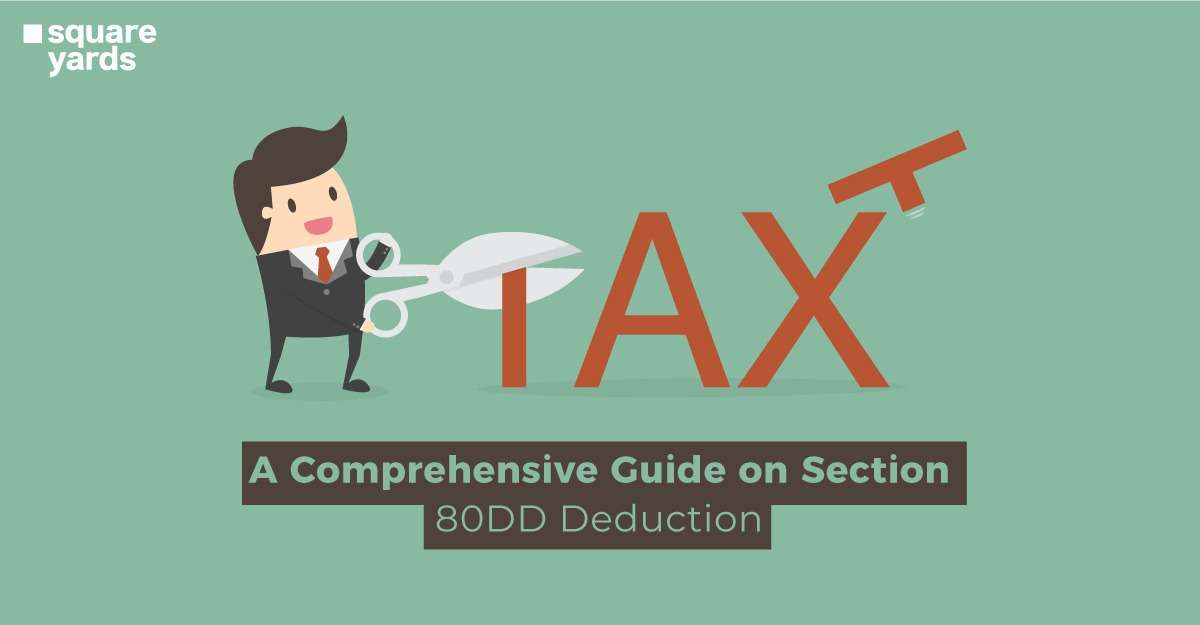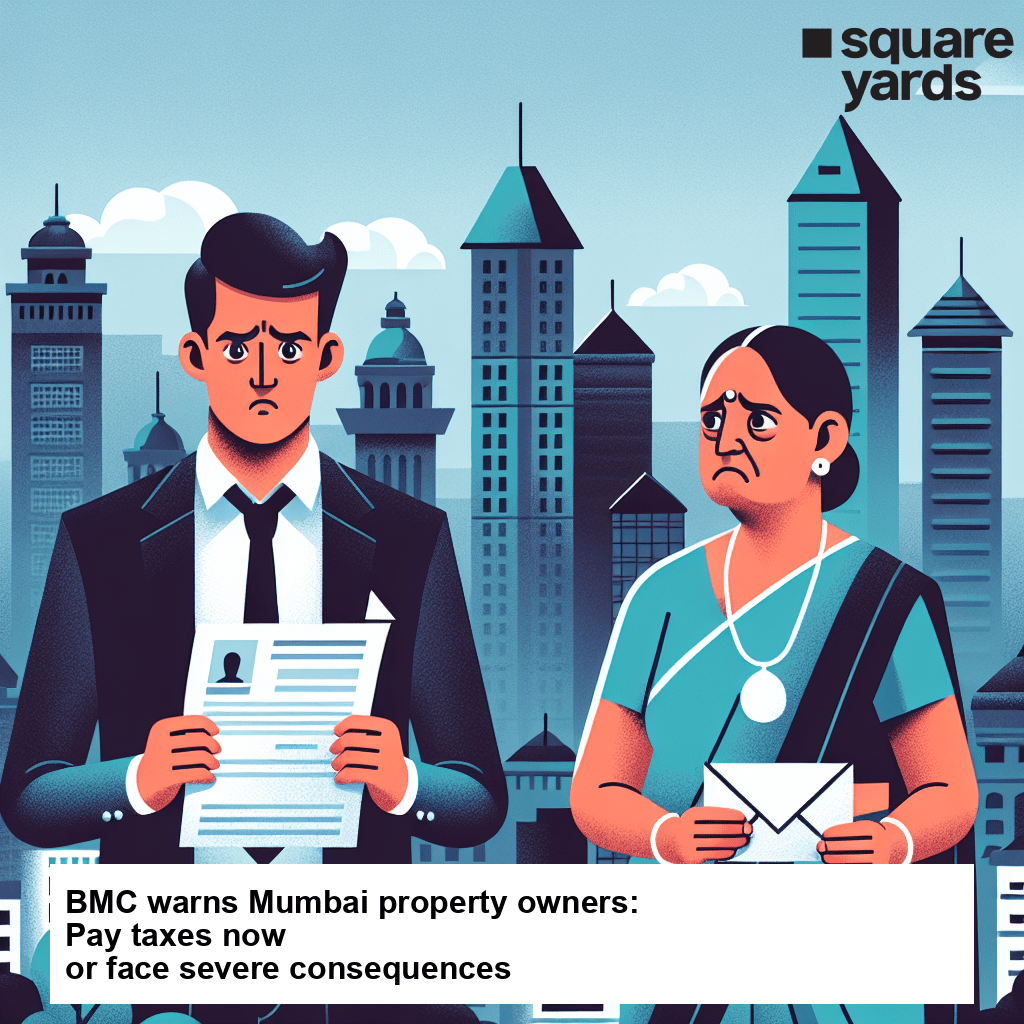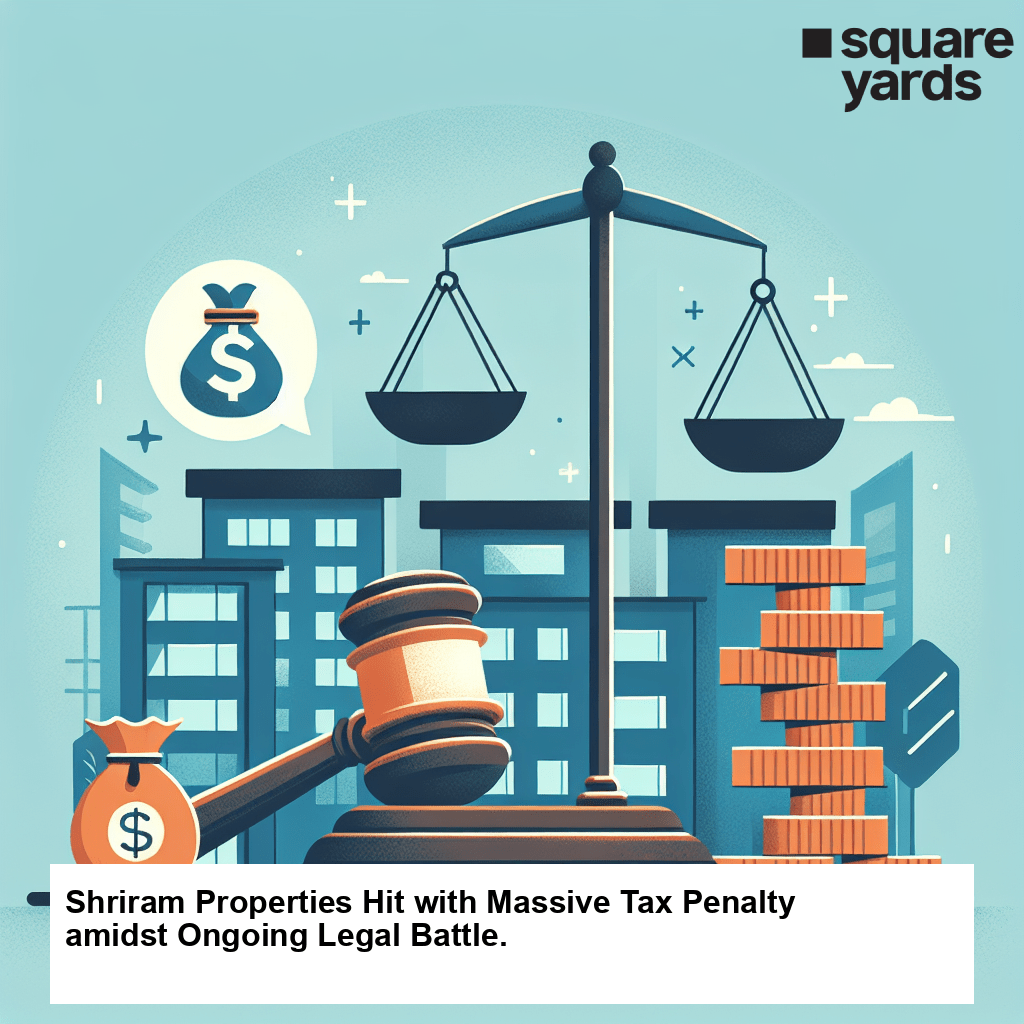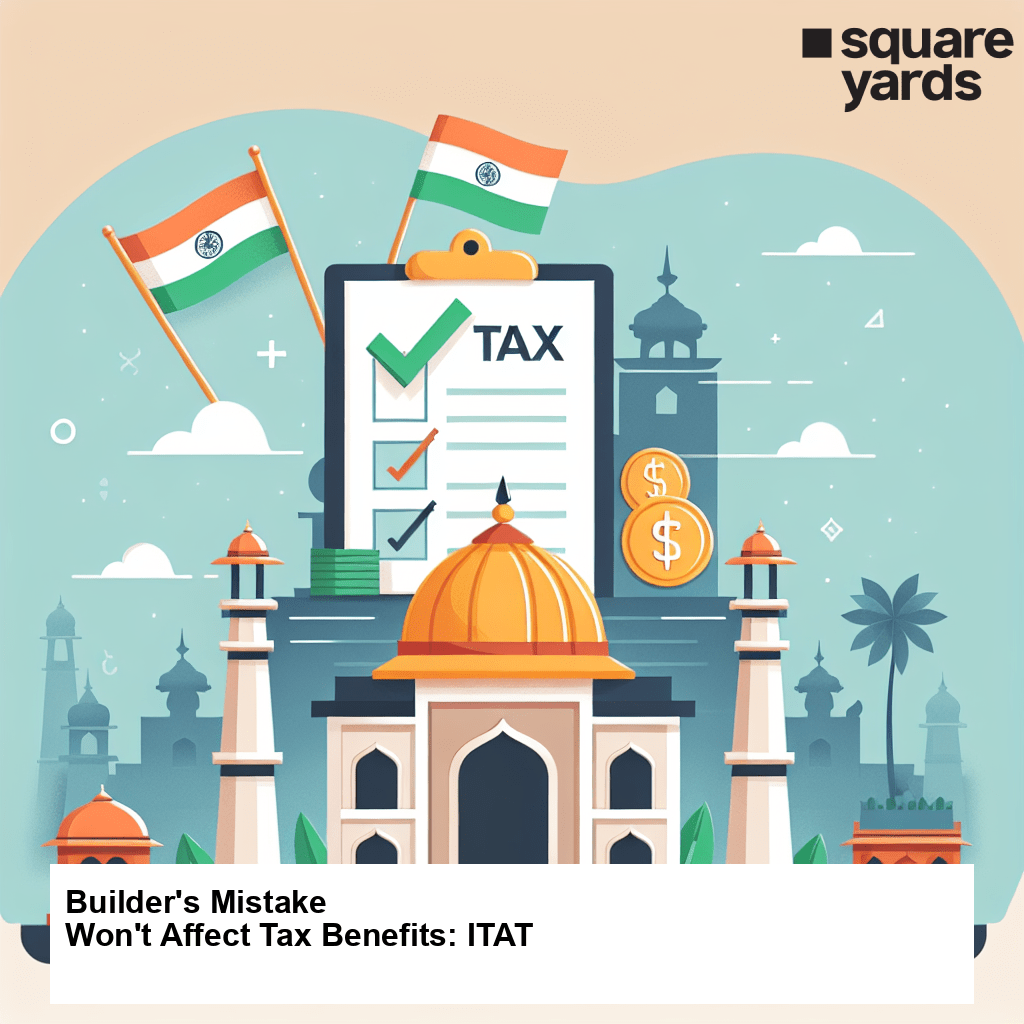Some families take charge of their individual relatives for care and maintenance. But are this courtesy get room for facilitation in the Indian constitution? Well, absolutely, yes. The constitution of India focuses on multiple aspects of promoting welfare in society. Hence, Section 80DD has been introduced under Income Tax Act.
Basically, in Hindu Undivided Families (HUF), it is designed to ease the burden of a tax deduction on an individual who takes care of an individual who is disabled and needs maintenance. In fact, not just HUFs, an individual caretakers can also benefit.
Table of contents
- Eligible Criteria to Claim Deduction Under Section 80DD
- Type of Deduction Allowed Under Section 80DD
- How To Claim a Deduction Under Section 80DD
- Documents Requirement to Claim Deduction Under Section 80DD
- Maximum Amount of Deduction Allowed Under Section 80DD
- End Thoughts
- Frequently Asked Questions (FAQ’s)
Eligible Criteria to Claim Deduction Under Section 80DD
There are certain factors to take into consideration while accessing Section 80DD under Income Tax Act: Learn the eligibilities below:
- As per the rules, a disabled individual cannot claim a deduction via Section 80DD under Income Tax Act.
- However, they might go for such a claim through Section 80U. In this case, the caretaker will not be eligible for a tax deduction through Section 80DD for the same amount.
- The deduction can only be applied to be claimed by the residents of India.
- A disabled dependant, in this case, can be a spouse, children, parents, or siblings of the taxpayer under HUFs.
- The taxpayer has incurred expenses such as medical treatment (along with nursing), training and rehabilitation of the disabled dependant.
- The taxpayer may also invest in LIC schemes or other available insurance schemes to ensure the maintenance of the dependent.
- The condition states that the dependant must have 40% of medical disabilities at least.
Note: To understand the disability and its provisions, one may refer to Section 2 (i) of the Persons of Disabilities Act, 1995.
Type of Deduction Allowed Under Section 80DD
There are 2 prime kinds of deductions on Section 80DD that can be applied to avail of by a taxpayer:
Dependent and Significant Disability
Someone who has at least 80% of any handicap is considered to be highly disabled-dependent and severely disabled. When a family member covers a dependent person with a major disability’s medical expenses, they are eligible for a tax deduction of up to Rs. 1,25,000.
Person Dependent with a Disability
Anybody with at least 40% of any disabilities is considered a dependent person with a disability. If a family member covers the dependent person’s disability-related medical expenses, they can claim a tax deduction of up to Rs 75,000.
How To Claim a Deduction Under Section 80DD
A taxpayer who claims the deductions under Section 80DD has to do the following:
- Has to submit an ITR and a photo sheet of the dependent’s medical certificates from a verified expert.
- Has to submit Form 10-IA legitimately.
- Carry all the documents in hardcopy form.
Documents Requirement to Claim Deduction Under Section 80DD
Here are the enlisted documents to ensure a deduction under Sector 80DD in Income Tax Act while claiming a deduction.
- Medical Certification: In order to be eligible for a tax credit under Section 80DD, the taxpayer must submit a copy of the medical certificate attesting to the dependent’s disability.
- Insurance Premium Payment Receipts: As the self-declaration certificate will be enough to cover most costs, the self-declarant does not need to preserve the actual receipts. However, the precise receipts for the costs must be maintained on file in case a claim is made for the money used to pay for insurance policies purchased for the dependent who is disabled.
- Taxpayers must show a self-declaration certificate outlining the expenses incurred for the disabled dependent’s medical care, including nursing, rehabilitation, and training.
- Form 10-IA: If your dependent is disabled and has multiple disabilities, such as autism, cerebral palsy, or both, you must file Form No. 10-IA.
Maximum Amount of Deduction Allowed Under Section 80DD
Depending on the dependent’s handicap, a different maximum deduction amount may be allowed under Section 80DD of the Income Tax Act. If the dependent member has a minimum disability of 40%, the taxpayer may claim up to Rs. 75,000. While under Section 80DD of the Income Tax Act of 1961, the taxpayer may claim up to Rs. 1.25 lakh for a dependent with an 80% disability.
End Thoughts
Section 80DD can behave as a saviour in case of a dependent for whom you are responsible for taking care. They can afford a peaceful and balanced lifestyle even if you are not around them. So, cheers to a new source of help for people deprived of the basic luxury of life.
Frequently Asked Questions (FAQ’s)
How much deduction can I claim under Section 80DD if I have done expenditure of INR 15,000?
One can claim a complete deduction of Rs. 75,000/ Rs.1,25,000 inspite of the actual expenses
What type of expenses are covered under Section 80DD?
Expenses done by the taxpayer, like medical treatment, nursing, training & rehabilitation, and insurance premiums, are counted as an expense for the dependen
Is diabetes covered under 80DD?
Under Section 80DD, no compensation or deductions are offered if the dependent has diabetes.
Can NRIs claim a tax deduction under Section 80DD?
No, Section 80DD can only be availed by the residents of India.





























































